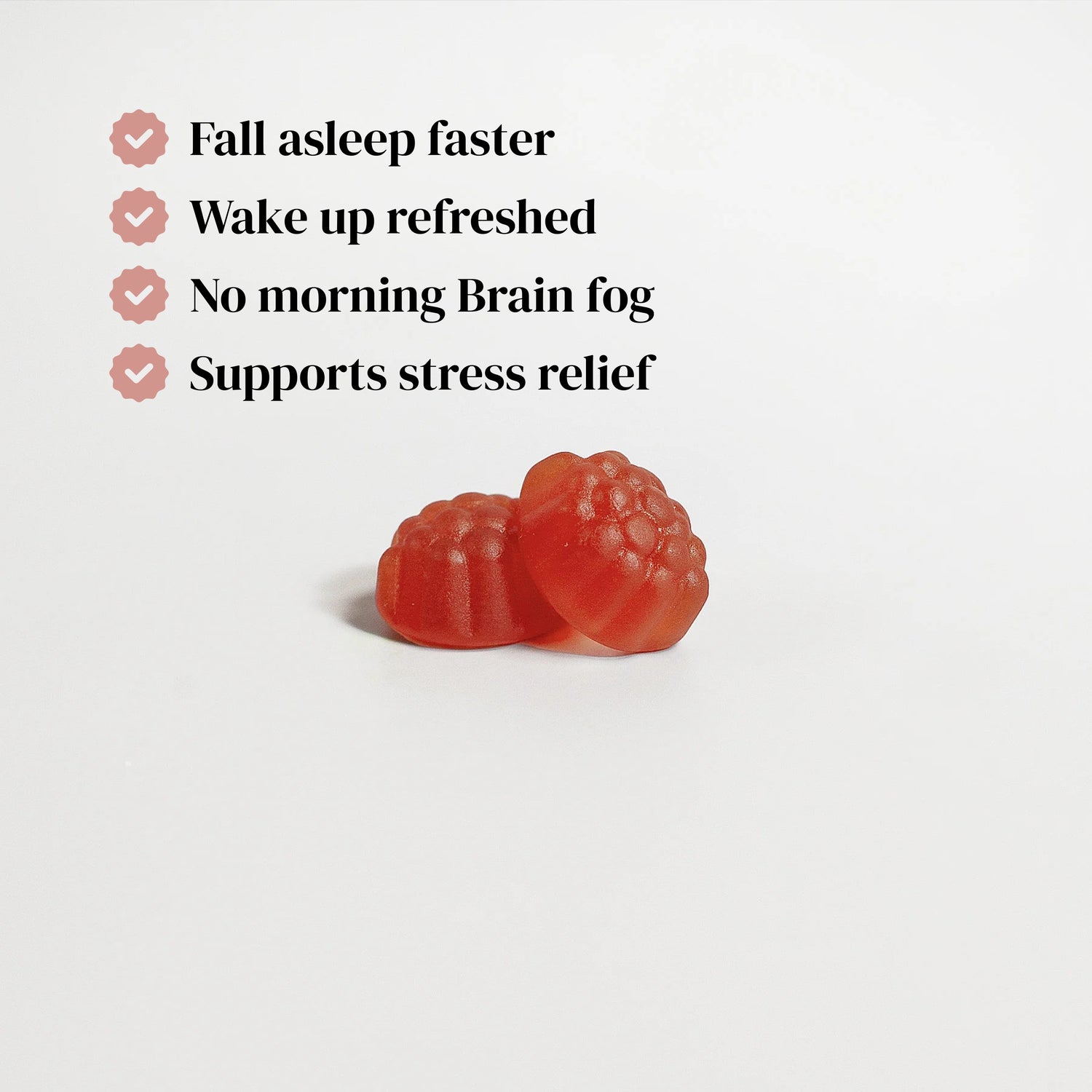Scientific Studies on Melatonin
Melatonin is a hormone naturally produced by the pineal gland in the brain. It plays a crucial role in regulating the sleep-wake cycle, also known as the circadian rhythm. In recent years, melatonin supplements have been widely studied for their ability to improve sleep quality, manage jet lag, and support mental well-being.
Sleep Regulation and Insomnia
Melatonin supplementation has shown significant benefits in individuals with insomnia or disrupted sleep patterns. A meta-analysis published in PLoS One found that melatonin reduced sleep latency (the time it takes to fall asleep), increased total sleep time, and improved overall sleep quality in both adults and children with sleep disorders.
Link: https://journals.plos.org/plosone/article?id=10.1371/journal.pone.0100620
Another randomized controlled trial demonstrated that melatonin was effective in improving sleep efficiency and daytime functioning in people with chronic insomnia, without the side effects associated with traditional sleeping pills.
Link: https://pubmed.ncbi.nlm.nih.gov/12890337/
Jet Lag and Shift Work
Melatonin is widely used to minimize the symptoms of jet lag. A review published in The Cochrane Database of Systematic Reviews concluded that melatonin is remarkably effective in reducing jet lag when traveling across multiple time zones.
Link: https://www.cochranelibrary.com/cdsr/doi/10.1002/14651858.CD001520.pub2/full
Shift workers, who often struggle with irregular sleep patterns, have also been shown to benefit from melatonin supplements. Studies indicate improved sleep onset and reduced sleep disturbances among shift workers using melatonin.
Link: https://pubmed.ncbi.nlm.nih.gov/21193004/
Mental Health and Mood
Melatonin has also been linked to improvements in mood and reductions in symptoms of depression and anxiety, especially in people with disrupted sleep patterns. Its antioxidant and neuroprotective effects are being studied in relation to various mood disorders and even neurodegenerative diseases.
Safety and Dosage
Melatonin is generally well tolerated, with a good safety profile even when used over extended periods. It is recommended to take melatonin 30 minutes to 1 hour before bedtime. However, pregnant or breastfeeding women and people on medication should consult a healthcare professional before use.
Further Reading
-
Meta-analysis on melatonin and sleep:
https://journals.plos.org/plosone/article?id=10.1371/journal.pone.0100620 -
Clinical trial on chronic insomnia:
https://pubmed.ncbi.nlm.nih.gov/12890337/ -
Cochrane Review on jet lag:
https://www.cochranelibrary.com/cdsr/doi/10.1002/14651858.CD001520.pub2/full -
Study on melatonin and shift work:
https://pubmed.ncbi.nlm.nih.gov/21193004/
Melatonin is one of the key ingredients in our Sleep Well Gummies, offering a gentle and natural way to support better sleep, especially when combined with other calming botanicals like Passiflora.





































